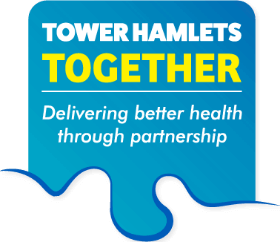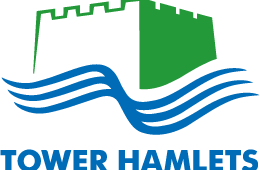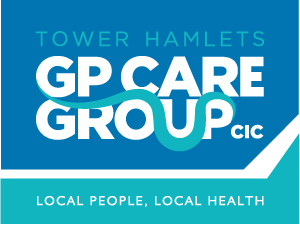Amy's Monthly Briefing - May 2021
The borough’s vision of a seamless health and care experience for its citizens.

At May's Executive Board, we began our vital work with brap on anti-racist leadership and heard from the inspiring Women's Inclusive Team (WIT)
At May's Executive Board, we began our vital work with brapon anti-racist leadership and heard from the inspiring Women's Inclusive Team (WIT). This month I also presented along with Warwick to the Health Scrutiny Committee about partnership progress and priorities, and attended the Promoting Independence monthly meeting. It was great to see this workstream in action, providing strategic input and direction to issues ranging from older people's day centre provision to the living with cancer programme.
At the Board, we had an impressive presentation from Safia and Emma about WIT's work with our Somali and other Black and ethnic minority communities, spanning pre-school, children and young people, and community wellbeing. During the pandemic they stepped this up to include a community kitchen, food bank, and constructive engagement with Barts and the public health team to ensure Somali people's needs were not overlooked in the response.
They've also hosted an outreach clinic for COVID vaccines, providing a trusted environment, translation and reassurance to boost uptake. The Board reflected on the varied reasons for "hesitancy" among different communities and asked what specific lessons WIT had from their Somali-focussed work. These were: countering misinformation which spreads quickly via word of mouth and WhatsApp with language specific webinars and voice notes led by community leaders; importance of translations but also simple, accessible information; need for long-term outreach given the entrenched discomfort in accessing statutory services. Board members also reflected on the highly valued, sometimes (rightly!) challenging ongoing dialogue with WIT - for example via Barts' multi-faith forum and work with the council and schools in relation to SEND.
Brap facilitated the rest of the meeting, which was a deeply reflective and honest discussion among partners about our individual and collective roles in tackling structural racism. This was a confidential and safe space to encourage candour, but in the spirit of transparency I want to share the main themes. We talked openly about our respective personal and professional journeys towards becoming anti-racist leaders, and many of us shared our past failings and complicity - especially those of us who are white leaders. We considered that in the UK we lack fluency in talking about racism, both in terms of language and emotion. We also discussed the stark asymmetry in play - the "fear" for white people of getting it wrong or saying something taboo versus for people of colour the very real risk of harm and trauma. Equally, both the impact of and response to structural racism still disproportionately falls on people of colour.
A key practical lesson for me was that as leaders we need to model our willingness to step into discomfort, hold the mic to support our peers and call out racism in the moment, then pass the mic to give space to others' voices.
We reconfirmed our commitment to the inequalities commission vision of Tower Hamlets being a truly anti-racist borough and that through our work with brap we need to understand how to really do things differently, teasing out our collective partnership actions from what must happen in our own organisations. Our goal is demonstrable, specific actions that we can track progress against, alongside deepening understanding and driving more intangible but equally crucial cultural change among our communities and our staff.
From my perspective, it was a really refreshing conversation - there was no defensiveness or white fragility on display, people were humble, keen to be challenged and focussed on concrete action. An important start to our anti-racist leadership journey - but much much more to do.








